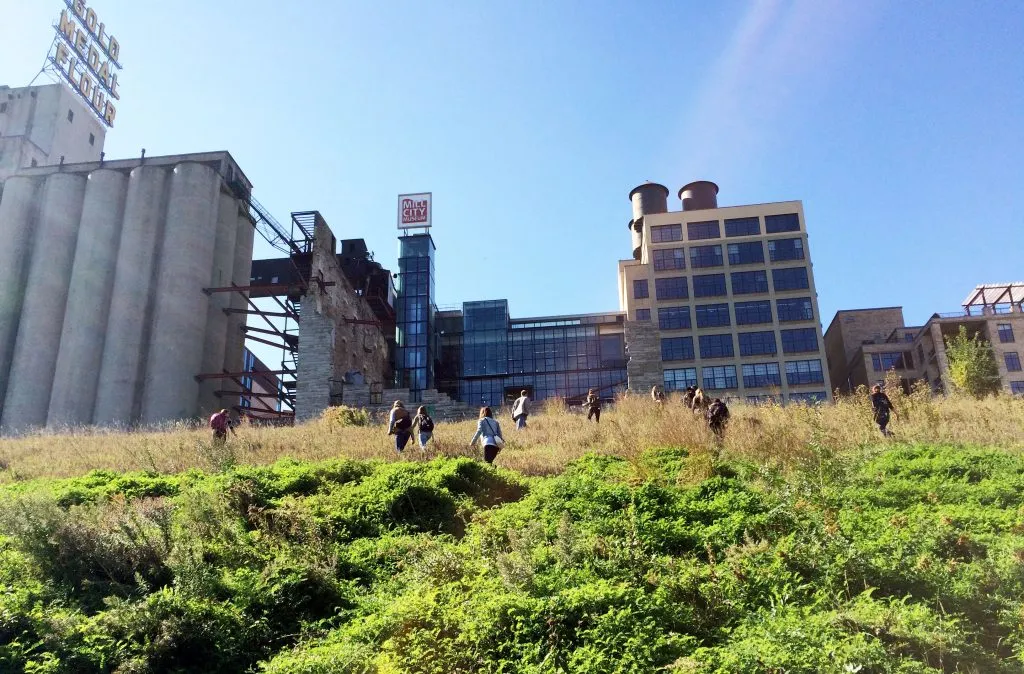Introduction
In an industry often dominated by large-scale projects and mass-market developments, boutique developers stand out by offering highly curated, personalized real estate experiences. Their focus is not on quantity but on quality, creating unique projects that reflect careful attention to detail, distinct design, and an intimate connection to the needs of buyers. Boutique developers are redefining real estate by proving that smaller-scale projects can have a bigger impact when it comes to lifestyle, design, and long-term value.
Boutique developers specialize in projects that are smaller in scale yet highly distinctive in character. Rather than building dozens of identical units, they emphasize individuality, ensuring each development carries its own identity and appeal. This approach allows them to create real estate that resonates with niche markets, offering buyers and investors spaces that feel exclusive and tailored rather than mass-produced.
Design innovation lies at the heart of boutique development. Developers in this segment often collaborate closely with architects, interior designers, and artisans to craft projects that stand apart. Their properties frequently showcase bespoke finishes, creative layouts, and unique architectural styles that elevate the living experience. By focusing on design excellence, boutique developers attract discerning buyers who value authenticity, aesthetics, and originality.
Boutique developers also prioritize location and community integration. Their projects are often situated in vibrant neighborhoods, cultural districts, or emerging areas where lifestyle and connectivity play a key role. By embedding their developments within the fabric of local communities, they create spaces that not only provide homes but also enhance the character of the surrounding environment. This localized approach makes their projects highly attractive to buyers seeking more than just a place to live.
Another defining feature of boutique developers is their personalized approach to customer engagement. Unlike larger firms, they often work directly with buyers, offering customization options and fostering long-term relationships built on trust. This hands-on model ensures that every client feels valued and that the final product reflects their lifestyle aspirations.
From an investment perspective, boutique developments hold strong appeal due to their exclusivity and limited supply. Because these projects are designed to stand out, they often maintain their value and attract buyers who prioritize uniqueness over uniformity. For developers, this smaller-scale yet high-impact approach allows them to compete effectively in a market dominated by larger players.
Conclusion
Boutique developers bring individuality and creativity to real estate, offering projects that emphasize quality, design, and personalization. By crafting distinctive spaces that align with modern lifestyle trends and community values, they deliver developments that feel authentic and enduring. In a world where mass production often overshadows uniqueness, boutique developers are proving that smaller can indeed mean greater.




